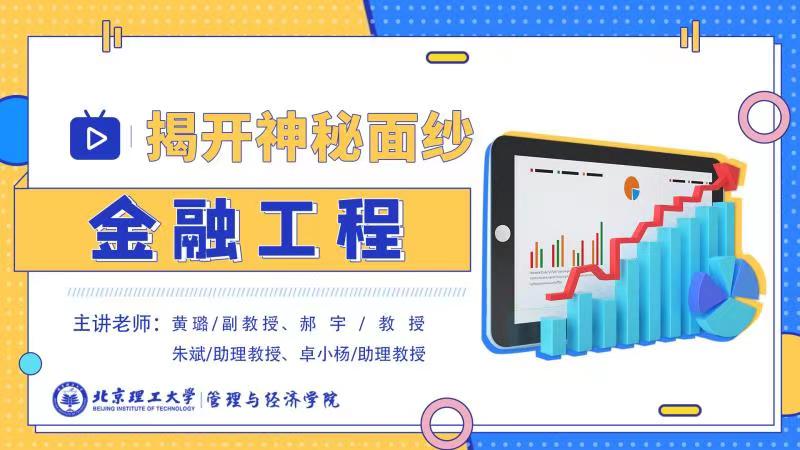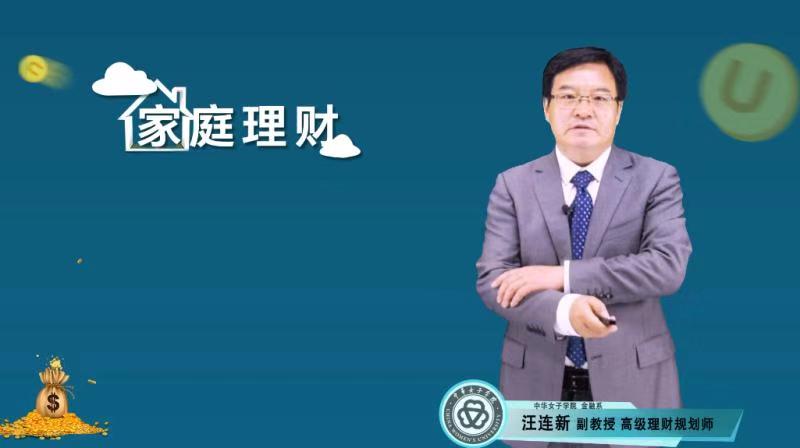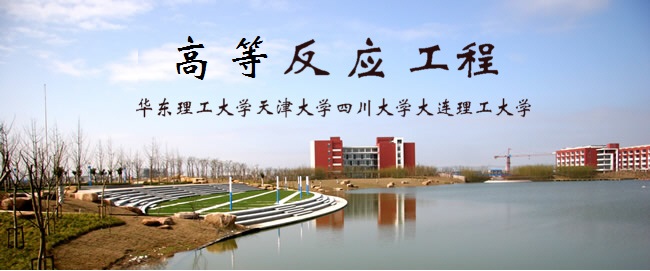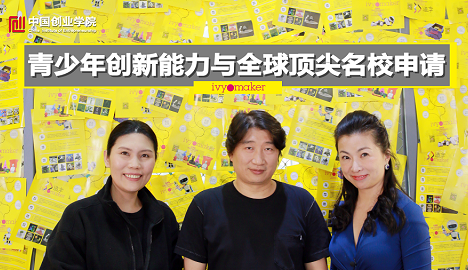
当前课程知识点:Traditional Chinese Medicine > Chapter 2 Philosophical Basis of TCM > Section 1 Unity of Qi > Unity of Qi
返回《Traditional Chinese Medicine》慕课在线视频课程列表
返回《Traditional Chinese Medicine》慕课在线视频列表
Hello everyone
For today’s class
we’ll continue to study chapter 2
the philosophical basis of TCM
As we have mentioned
TCM has a long history
which people struggled against diseases
Under the influence of
ancient materialism and dialectics
TCM evolved into a unique
integral system of medical theory through long clinical practice
The systemization and development
of the TCM theoretical system were deeply influenced
by ancient Chinese philosophical thought
since experimental science was undeveloped at that time
The unity of qi
the yin-yang theory and five-element theory
were the most influential philosophical thoughts
and methods for the formation of the TCM system
Qi is the most basic
and tiny substance in constant motion
The unity of qi also known as qi-monism
is an important philosophical thought
in the Pre-Qin Dynasty
With the developing
qi monism was introduced into TCM
and became one of the philosophical bases of TCM
Originally qi was not a philosophical concept
It was observed by the ancient people as clouds
or vapor of water
just like air
as it is commonly used in our daily life
We have a book which is called Word and expression
the first dictionary of Chinese characters
was written by Xu Shen in Han dynasty
It explains that qi as cloud
From the explanation
we can know that the cloud in the sky
is the basic meaning of qi in Han dynasty
Therefore the original meaning of qi
is cloud without philosophical meaning
The ancient philosophers extended
the meaning of qi to the philosophical field
They extracted the philosophical meaning of qi
From then on
qi is often used as a philosophical word
The word of qi is used to refer to the essential substance
constituting everything in the universe
While the specific qi is called cloud qi
or air qi or water qi or body qi etc
At the same time
they thought that everything in the universe
is a result of qi movement
The unity of qi also known as qi-monism
is an ancient philosophical thought
which defines that primordial qi is the origin of everything in the universe
Since qi is considered as the original principle of the universe
it is called primordial qi
From the view of ancient philosophers
qi is the primary state of the universe
All things in the universe are generated
by the movement of qi
Qi is filled throughout the universe and is the medium
for the intercommunication of everything
This is the philosophical concept of qi
As we say
everything in the world is composed by qi
This is called qi monism
The things look different
just because the qi stays in different status
The infinite variety of phenomena in the universe
is the result of the continuous coming together of qi
which is material and visible
and dispersion of qi
which is immaterial and invisible
The gathering and dispersing form
the phenomena of various degrees of materialization
Here qi is used in a broad sense
Qi is a substance or more precisely
it is the potential for change within a physical substance
when qi comes together
However
qi is also the prime mover the spark
not only of the movement in the universe
but also of life like energy
information and function
when it disperses
Qi is used in a narrow sense
when it is used to refer to the human body
So broadly speaking
qi is used to refer to everything in the universe
Narrowly speaking
qi is mainly used to refer to the body qi in TCM
When qi was introduced into TCM
it refers to the very small substance
in existence in the human body which exercises continuously
and be full of energy
it is one of the fundamental substances
constituting the human body and maintaining its life activities
As one of the things in the universe
human being is also created
by the coagulation of qi
from heaven and earth
Human being will make substance exchanges
with everything in nature taking qi as the medium
The qi-monism of the ancient Chinese philosophy
has been turned into a worldview and methodology
used to understand the natural phenomena
and vital activities after being applied to TCM
We have talked about the holistic concept
which one of the points is
the unity of human being and universe
The concept of qi-monism is the theoretical basis
for this point
The body qi is comprised three kinds of qi
first one is the congenital qi
which is transformed from essence stored in kidney
second one is fresh air which is inhaled by lung
from the natural world
third one is food essence which is transformed
and transported by spleen from the food and water
In TCM
qi is the basic material to maintain
the physiological functions of zang fu organs
meridians and collaterals
We’ll talk about the functions of zang fu organs
in next chapter
Let’s take a quick view of meridian qi
The human body has vital energy
which is called Qi
the narrow sense of Qi
And qi flows along invisible lines
which run over the body
are called channels or meridians
like the river conducting water through the earth
The way Qi flows through the channels
presides over wellness or disease
If qi flows through the meridians smoothly
and in a balanced way
It represents health
Harmony happiness or we say wellness
If qi is blocked in the meridians
which can induce various kinds of suffering
or we say disease
For example
we have a meridian around our waist
which is called Dai meridian
Normally
the qi flows inside the Dai meridian smoothly
Our waist will be thickening
if the circulation of qi is blocked
Acupoints are the sites
where Qi is transported to the body surface
through the meridians
Acupoints are considered
to be the gates of the body
the most accessible place to receive stimulation
For example
we have an acupoint neiguan
which locates along the
pericardial meridian of hand Jueyin
The vomiting can be relieved
by stimulating the neiguan acupoint
Summarization for today’s content
qi is the original source
constituting everything in the universe
Qi is the smallest functional unit in any environment
in living creatures and in the organs
Qi monism has been introduced into TCM
and became one of its philosophical bases
The formation and development of TCM theory
was influenced by qi monism
OK that’s all for today
I’ll see you next class
-Section 1 General Introduction
--General Introduction
-Section 2 Basic Characteristics of TCM
--Basic Characteristics of TCM
--Basic Characteristics of TCM
-Section 1 Unity of Qi
--Unity of Qi
-Section 2 Yin-Yang Theory
--Yin-Yang Theory
-Section 3 Five-Element Theory
--Five-Element Theory
-Section 1 Overview of Visceral Manifestation
--Overview of Visceral Manifestation
--Overview of Visceral Manifestation
-Section 2 Five Zang Organs
--Five Zang Organs
-Essence, Qi, Blood and Body Fluid
--Essence, Qi, Blood and Body Fluid
--Essence, Qi, Blood and Body Fluid
-Section 1 Etiology of TCM
--Etiology of TCM
-Section 2 Pathogenesis of TCM
--Pathogenesis of TCM
-Section 1 Inspection of Tongue
--Inspection of Tongue
-Section 2 Pulse Taking
--Pulse Taking
-Section 1 Syndrome Differentiation
--Syndrome Differentiation
-Section 2 Therapeutic Principles and Methods
--Therapeutic Principles and Methods
--Therapeutic Principles and Methods
-section 1 four natures and five flavors
--four natures and five flavors
--dicussion of four natures and five flavors
-section 2 four directing actions of chinese medicinal herbs
--four directing actions of chinese medicinal herbs
--discussion works
-section 3 compatibilities of chinese medicinal herbs
--compatibilities of chinese medicinal herbs
--discussion works
-section4 diaphretics
--works
-section5 Interior Warming Chinese Medicinal Herbs
--Interior Warming Chinese Medicinal Herbs
--works
-section6 restorative Chinese Medicinal Herbs
--Restorative Chinese Medicinal Herbs
--works
-section 1 general intorduction of prescription
--general intorduction of prescription
--discussion works
-section 2 Prescriptions for Relieving Exterior Syndromes
--Prescriptions for Relieving Exterior Syndromes
--works
-section 3 prescription for Warming the Interior
--prescription for Warming the Interior
--discussion works
-section4 tonic prescription--Prescriptions for invigorating qi
--tonic prescription---Prescriptions for invigorating qi
--discussion works
-section5 tonic prescription--prescriptions for nourishing blood and nourishing yin
--prescriptions for nourishing blood and nourishing yin
--discussion works
-section6 peptic prescription
--discussion works
-Section 1 Cold
--Cold
--Cold
-Section 2 Headache
--Headache
--Headache
-Section 3 Stomachache
--Stomachache
-Section 4 Insomnia
--Insomnia
--Insomnia



